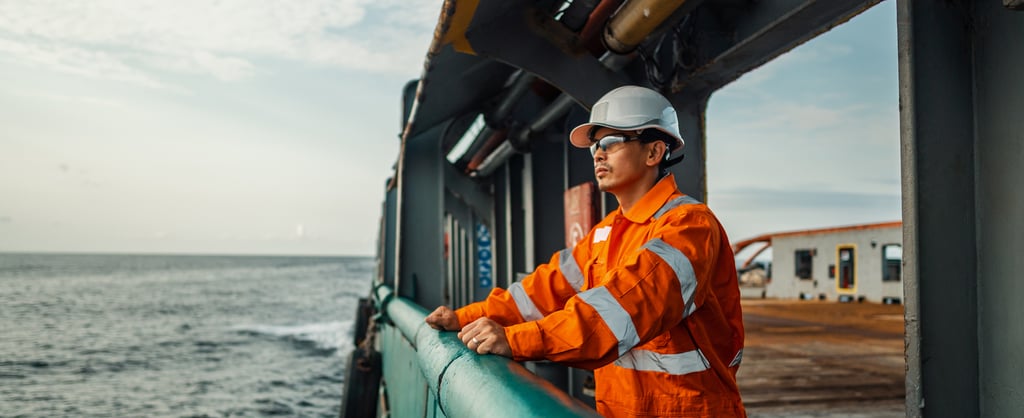
Roles & responsibilities of maritime organisations in the support for seafarer welfare.
IMarEST Seafarer Mental Health and Wellbeing Conference.
About the event
IMarEST Seafarer Mental Health and Wellbeing Conference.
The Covid-19 pandemic has focused attentions on the critical role of the men and women at sea who maintain global supply chains, especially the unique position of seafarers on extended contracts who’ve been unable to get home. For some, working in the maritime industry has come at considerable personal cost in recent times.
IMarEST and LRQA invite you to an hour-long panel discussion focusing on how maritime organisations are supporting seafarer welfare. This webinar will look at where the accountabilities lie, what support encompasses, what’s being done to address current challenges and the barriers to action. As part of this discussion, we will consider national culture considerations in the context of organisational support initiatives and communication.
Event details:
- Date: 25 June 2021
- Time: 12:30 pm (BST)
- Click here to register
Panellists
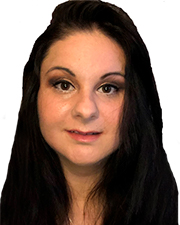 Moderator: Stephanie McLay, Senior Human Factors Consultant, LRQA
Moderator: Stephanie McLay, Senior Human Factors Consultant, LRQA
Stephanie is a Senior Human Factors Consultant for LRQA mainly in Maritime and is Chair of the IMarEST Seafarer Mental Health & Wellbeing Special Interest Group. She holds MSc degrees in both Organisational Psychology and Human Factors and has been a human factors practitioner for over 10 years. Her experience spans a variety of industries including Marine, Nuclear, Defence, Aviation, Rail and Healthcare.
She is experienced in project delivery and lead roles across a range of sectors particularly the application of Human Factors best practice within organisations. The focus of which is to optimise operational safety and performance, mature organisational culture, and integrate Human Factors into the optimal design of systems, equipment, working practices and working environments.
Stephanie has particular interest in situational awareness and decision making within safety critical environments, design of autonomous systems and human performance as well as seafarer and personnel wellbeing. To raise awareness, and promote broader understanding of key issues, she also regularly presents at conferences and speaks at professional forums on topics such as workload, safety culture and wellbeing.
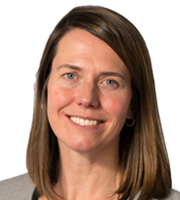
Panellist: Dr Olivia Swift, Senior Programme Manager, LRQA Foundation
Olivia Swift is a Senior Programme Manager at LRQA Foundation - a global charity with a mission to engineer a safer world, including among those working at sea. An anthropologist by background, Olivia has previously spent 18 mths living in a seafaring community in the Philippines and aboard ship. She has also been a Lecturer at Goldsmiths, University of London and a Senior Research Fellow at Greenwich Maritime Institute. She has also more than a decade’s experience of consulting for maritime charities on topics relating to seafarer welfare, many pertaining to mental health.
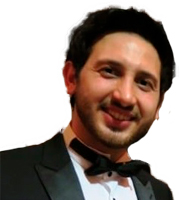
Panellist: Dr Volkan Arslan, Senior Consultant – Human Factors, LRQA
Dr Arslan is a Senior Human Factors Consultant at LRQA. He is a Naval Architect with a PhD degree in Human Factors from the University of Strathclyde. He has extensive project experience in Human Factors within the safety critical industries, predominantly in maritime.
His main areas of expertise include safety and organisational culture & safety climate assessments, incident investigation, workload and manning assessments, risk assessment, Key Performance Indicators (KPIs) development, training, development of incident & near miss taxonomies, procedure development and usability assessments for digital platforms.
Dr Arslan developed the human factors aspects of the LRQA SHIELD Notation for on board health management assurance. He also provides Seafarer Welfare Awareness Sessions for shipping companies.
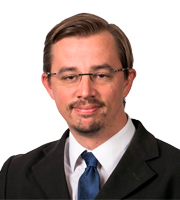 Panellist: Neil Dulling, HSE Manager, MOL LNG Transport (Europe) Ltd
Panellist: Neil Dulling, HSE Manager, MOL LNG Transport (Europe) Ltd
A seafarer by training my seagoing time was spent with the Royal Fleet Auxiliary. After making the move to shore in 2000 I worked for 3rd party ship managers managing short sea and deep sea vessels. I then moved to the MOL group spending 5 years manging safety and security in the European Tanker division before moving in 2013 to the LNG division where I have the role of HSSEQ manager and take a leading role in the HSEQ centre of excellence
I am also an active member of the Nautical institute where I chaired the Professional development committee. Until last year when I completed my term expired.
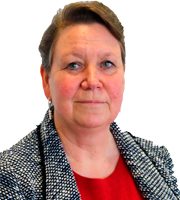 Panellist: Heike Deggim, Director, Maritime Safety Division, International Maritime Organization
Panellist: Heike Deggim, Director, Maritime Safety Division, International Maritime Organization
Heike Deggim, a German national, joined the International Maritime Organization (IMO), the UN specialized agency responsible for the safety and security of shipping and the prevention of marine and atmospheric pollution by ships, in 1993. She is now the Director of the Maritime Safety Division (MSD) and in that position is also acting as the Secretary of the Maritime Safety Committee, IMO's senior technical body for ship safety and security related matters. She is also the IMO representative at the Arctic Council.
Prior to her career at IMO, Heike worked as R&D engineer in the German naval shipbuilding industry, followed by several years as Senior Researcher at the Shipbuilding Faculty of Rostock University, resulting in a PhD in fishing technology; and later in various positions in the German Maritime Administration dealing among other things with tonnage measurement of ships and issuing of Tonnage Certificates.
Heike graduated in 1983 in Germany with a Master’s degree in marine engineering from Rostock University. She is a member of the Royal Institution of Naval Architects (RINA).